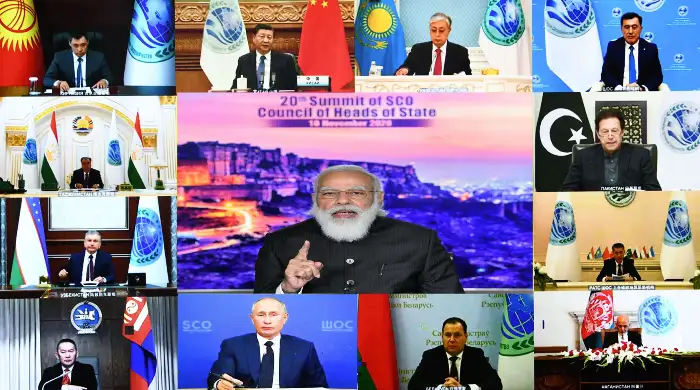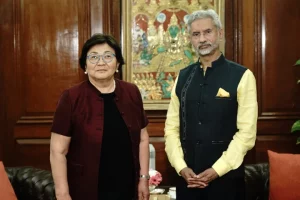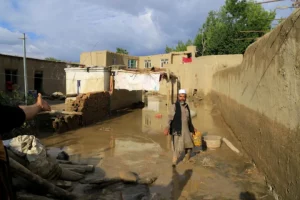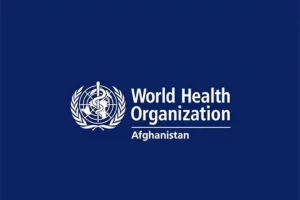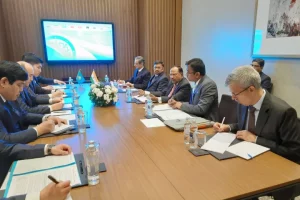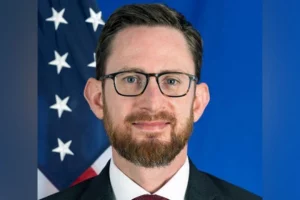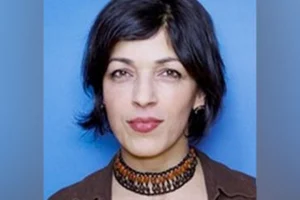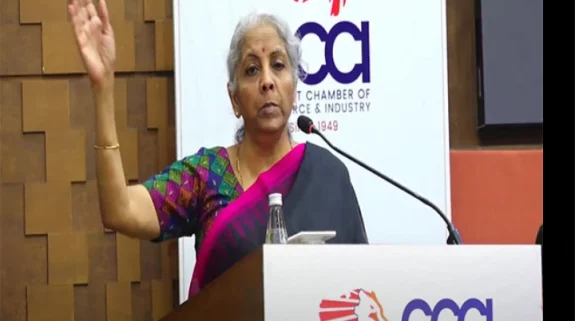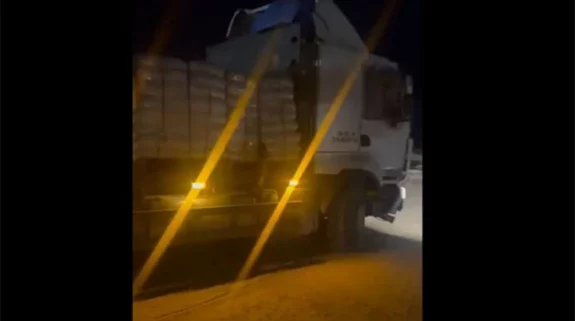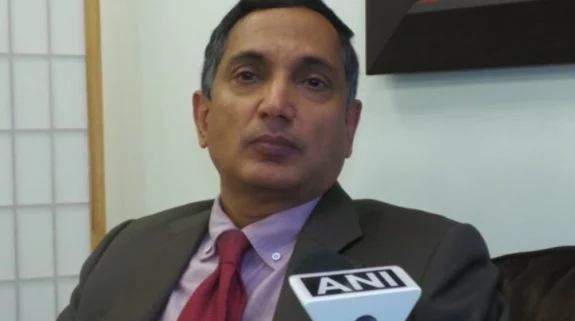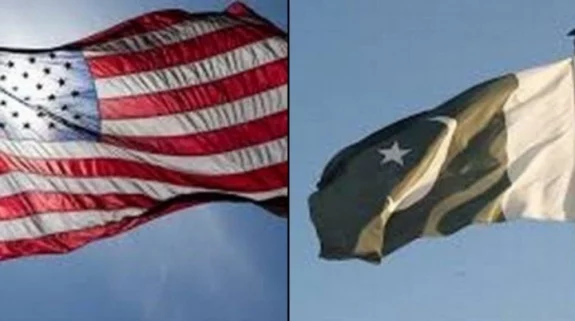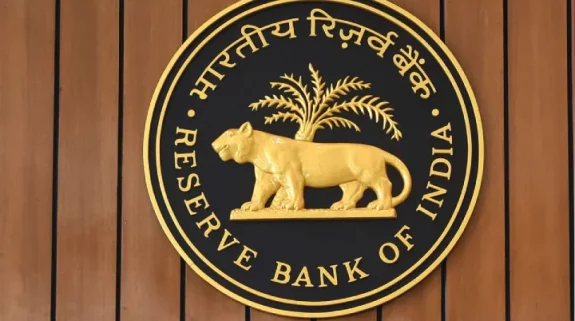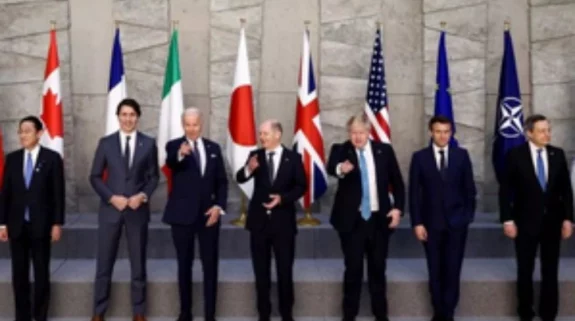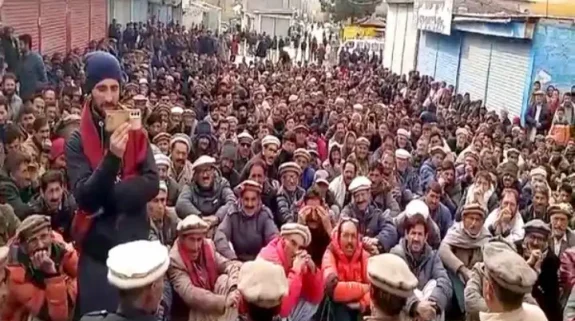As leaders of the member and observer states get into a hybrid huddle in Tajikistan for the 21st meeting of Shanghai Cooperation Organisation (SCO) Council of Heads of State, Afghanistan – which will be dominating most of the discussions at Dushanbe today and tomorrow – will be go unrepresented at the crucial regional forum.
The current crisis in its observer state remains the biggest topical issue of regional and international importance for the SCO gathering, which also includes Indian Prime Minister Narendra Modi, Russian President Vladimir Putin and Chinese President Xi Jinping.
However, with the Former President Ashraf Ghani fleeing the presidential palace and the Taliban regime still not recognised by the world, Afghanistan, having triggered so much turmoil and geo-political unrest in the region over the past few weeks, will have no presence in the meeting.
The SCO comprises eight member states, including India, Russia, China, Kazakhstan, Tajikistan, Uzbekistan, Kyrgyzstan and Pakistan. Iran, Afghanistan, Belarus and Mongolia are the four observer states while Azerbaijan, Armenia, Cambodia, Nepal, Turkey, and Sri Lanka are the six dialogue partners.
It isn't that Afghanistan wasn't invited to the summit. Observers have always been welcomed at SCO summits and it was the case this time too. But, as Russian Foreign Minister Sergey Lavrov reveals, it was Ghani who had received the invitation "in good time" to the event.
But, with the Taliban taking over Kabul on August 15, the situation underwent a change.
"The Taliban have not yet been officially recognised by a single country. Everyone is saying that contacts should be maintained with them on current issues, primarily security, respect for citizens' rights, and the normal functioning of diplomatic missions. But no one is in a hurry to grant them an official recognition," Lavrov said.
The Russian minister was speaking following the joint meeting of Collective Security Treaty Organisation (CSTO) Foreign Ministers Council, Defence Ministers Council and Committee of Secretaries of Security Councils, in Dushanbe on Wednesday.
He emphasised that no conditions are being imposed on the Taliban and that they have proclaimed their goals, including a commitment to the further struggle against terrorism and drug trafficking.
"They have assured all others that they will do their best to prevent Afghanistan from posing any threats to neighbouring countries, that they have no intention of destabilising neighbouring states, and that they will form an inclusive government reflecting the entire spectrum of Afghan society and a political, ethnic and religious balance," said Lavrov.
However, it was also made amply clear that Taliban will have to translate its words into action before being invited for regional group meetings.
"Like the overwhelming majority of world countries, we have welcomed this (Taliban) approach. Right now, we are watching how it will be put into practice. It is still too early to draw any final conclusions. At this stage, we are maintaining contacts with them on current issues, including on the removal of any risks for our Central Asian neighbours," said Lavrov.
Meanwhile, India is being represented by External Affairs Minister S Jaishankar at Dushanbe while Prime Minister Narendra Modi will address the plenary session of the summit via video-link on Friday.
Besides members and observer, Secretary General of the SCO, Executive Director of the SCO Regional Anti-Terrorist Structure (RATS) and President of Turkmenistan and several other invited guests will also be attending the meet which will be chaired by the President of Tajikistan Emomali Rahmon.
Also Read: India to focus sharply on Pak interference in Afghanistan during SCO summit






